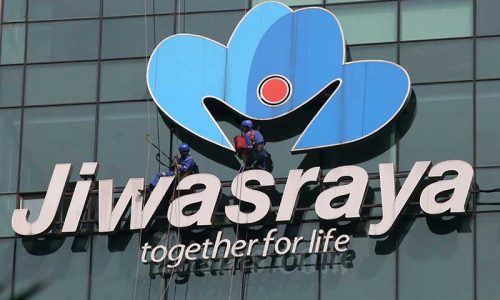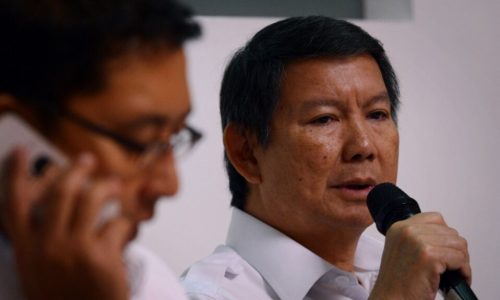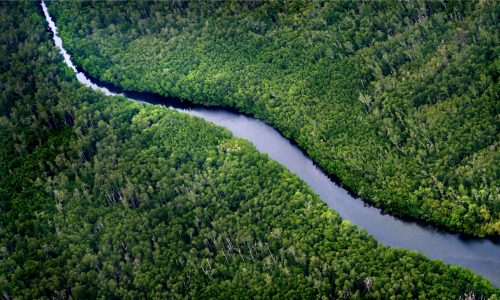The Ministry of Energy and Mineral Resources (ESDM) has called for relaxation of domestic component level regulations (TKDN) amidst reports of obstacles faced by foreign investment totaling Rp 49 trillion (US$3.05 billion) in entering Indonesia due to such regulations.
Eniya Listiani Dewi, Director General of Renewable Energy and Energy Conservation (EBTKE) at the ESDM ministry, said that PLTS (solar power plant) projects are at a standstill due to controversy surrounding TKDN requirements.
The Ministry of Industry’s TKDN regulations stipulate that 60 percent of PLTS components must be domestic. However, in reality many PLTS components still need to be imported.
Foreign investors also often require the use of components they bring if they want to invest in Indonesia.
“Many things are hindered because all investments must incorporate TKDN elements,” Eniya said as quoted by Katadata.com on Tuesday, May 7, 2024.
She said that the government and the House of Representatives’ (DPR) Commission VII have agreed that PLTS installations should still use local or domestic materials. However, if local requirements cannot be met, relaxation will be provided.
She cited that relaxation is specifically targeted for foreign PLTS development investments, which will be granted through an application to the Ministry of Industry.
Afterwards, the Ministry of Industry will coordinate with the Coordinating Ministry for Maritime Affairs and Investment, which chairs the National Team for Domestic Products Utilization Enhancement Program (P3DN). Members of the P3DN national team will decide on TKDN relaxation approvals.
“It’s not a problem if the requirements are not fully met, but there are many considerations to be made, and the decision will be made by the P3DN national team,” Eniya said.
A research finding from Bain and Company, Temasek, GenZero, along with Amazon Web Services through a report titled Southeast Asia’s Green Economy 2023 Report found that the value of investments received to support the green economy in the Southeast Asian region has actually declined over the past two years.
The value of green investments in Southeast Asia in 2022 was recorded at US$5.2 billion or Rp77.45 trillion, a decrease by 7 percent from the 2021 figure of US$5.6 billion (Rp83.41 trillion). It also decreased if compared to 2020 figure, which was recorded at US$6.6 billion (Rp98.3 trillion).
According to Bain and Company, the decline in foreign investment is one of the reasons for the decline in sectoral revenue in 2022. Foreign investment in Southeast Asia decreased by up to 50 percent (yoy), although inter-country investments in the region doubled.
Bain and Company said that green investment commitments in the Southeast Asian region increased in 2022, but have not yet been realized into large-scale capital expenditures.
“New capital commitments from governments and corporations have increased, but have not yet materialized into more transactions and large-scale spending,” the global management consulting firm said.









